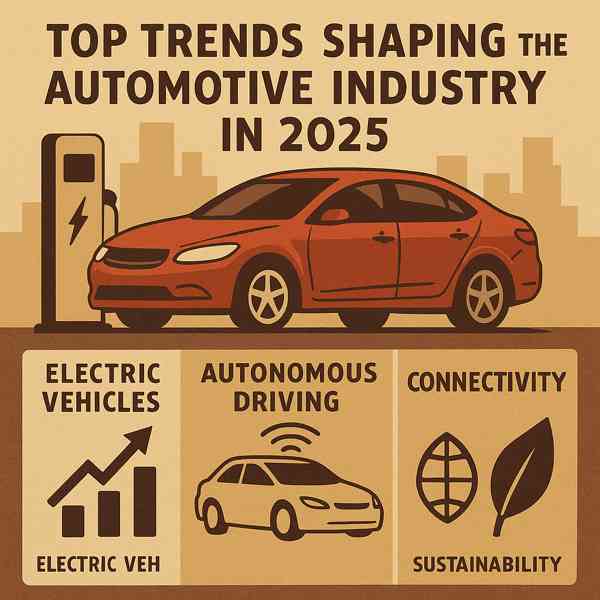Electric Vehicles: Everything You Need to Know
Electric Vehicles: Everything You Need to Know
Blog Article

Electric vehicles (EVs) are reshaping the way we think about transportation.
As battery technology improves and infrastructure expands, owning an electric vehicle has never been more appealing.
The Basics of Electric Vehicles
Unlike gasoline-powered cars, EVs produce cleaner transportation outcomes.
Main elements of an electric vehicle:
- Electric motor
- Battery pack
- Controls efficiency and output
- Connects to home or public chargers
Electric vehicles come in various types, such as hybrid electric vehicles (HEVs)—each with different levels of electrification.
Why Choose an EV?
The rise of electric vehicles is fueled by their numerous benefits.
Why EVs are gaining popularity:
- Reduced maintenance needs
- No tailpipe emissions
- Quiet and smooth ride
- Government incentives and tax credits
For eco-conscious and cost-aware drivers, electric vehicles are an increasingly smart choice.
Challenges of Electric Vehicles
Despite the growing popularity of EVs, they still face some challenges that buyers should consider.
Potential drawbacks to keep in mind:
- Limited driving range
- Charging infrastructure gaps
- Though often offset by long-term savings
- Battery lifespan and replacement
As technology advances and infrastructure improves, many of these challenges are becoming less significant.
Exploring EV Variants
EVs vary by power source, range, and usage.
EV formats explained:
- Fully electric with no gas engine
- Plug-in Hybrid Electric Vehicles (PHEVs)
- Self-charges through regenerative braking
- Fuel Cell Electric Vehicles (FCEVs)
Each type has its pros and cons, so buyers should choose accordingly.
EV Charging and Infrastructure
There are multiple charging levels and methods depending on your daily usage.
Main EV charging options include:
- Standard household outlet
- Faster and ideal for daily use
- DC Fast Charging
- Charging without cables
As public charging networks expand, EV owners will enjoy even more accessibility and peace of mind.
What’s Next for EVs?
As governments push for cleaner energy and manufacturers invest in innovation, the future of EVs looks bright.
Trends shaping the future include:
- Higher energy density and faster charging
- Turning cars into energy assets
- The future of hands-free travel
- Expansion of affordable EV models
As innovation continues, EVs will become more mainstream and essential.
Final Thoughts on Electric Vehicles
With growing demand and continuous improvement, EVs are becoming a realistic option for more drivers visit every day.
The future is electric—are you ready to plug in?
Report this page